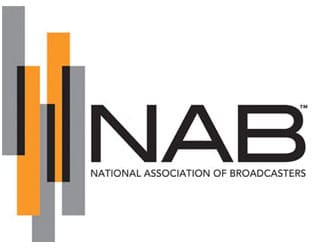Many politicians may have welcomed the Supreme Court’s Citizens United decision that allowed political action committees to amass huge stockpiles of cash from undisclosed donors to use to try to influence elections, although the attempt must be indirect and uncoordinated with any particular candidate. But if they did, it’s only because they hadn’t yet considered what might happen if they found themselves to be the subject of the PAC attack.
There have even been interesting side shows related to PAC advertising in Iowa. Mitt Romney had the benefit of a massive negative campaign directed at Newt Gingrich just as Gingrich was surging in the polls. Romney was able to enjoy significant damage to a serious competitor while at the same time expressing his disdain for PACs. Further, when Gingrich asked him to call them off, if he dislikes them so, he said he couldn’t – that would be coordinating!
So in the Iowa case, we see one politician heavily benefitting from a PAC, and another suffering. However, the Gingrich campaign didn’t have to react directly – a PAC supporting his candidacy did it for him.
Writing for Huffington Post recently, Lawrence Lessig mentioned the new scenario – of as he called it, the “terror” — facing all politicians, focusing on incumbents: “An incumbent goes into an election, fairly confident about her prospects. Money in the bank, polling in the low sixties, an opponent with little chance to close the gap. Then 30 days out, a super-PAC drops half a million dollars in the district, funding attack ads, and ads that support the challenger. Very quickly, an easy reelection is thrown into doubt.”
He said it’s almost impossible to hold enough campaign cash in reserve to counter such a last-minute attack; large donors can’t be called because they’ll already contributed to the limit; and there are vast stumbling blocks in the way of mounting a small donor grassroots response campaign.
One response is for politicians to cozy up to super PACs in hopes of having one in its corner in a time of need. Lessig said that naturally increases the unpalatable influence marketplace that already has the vast majority of Americans soured on politics in general.
At least one sitting Senator has a response crafted around small donors – he takes big donor contributions but his cash stockpile is set up so that he can’t touch it until certain small-donor benchmarks are achieved. In theory, these small donors will be well under the giving cap and can come to the Senator’s aid if his campaign is under PAC attack in the waning weeks of an election.
RBR-TVBR observation: Does it seem like any attempt to restrict campaign financing only results in the invention of new ways to finance campaigns? The battle over this issue figures to go on ad infinitum on in Washington – in the meantime, the even-year advertising windfall headed to broadcasters should continue to grow each election cycle.




